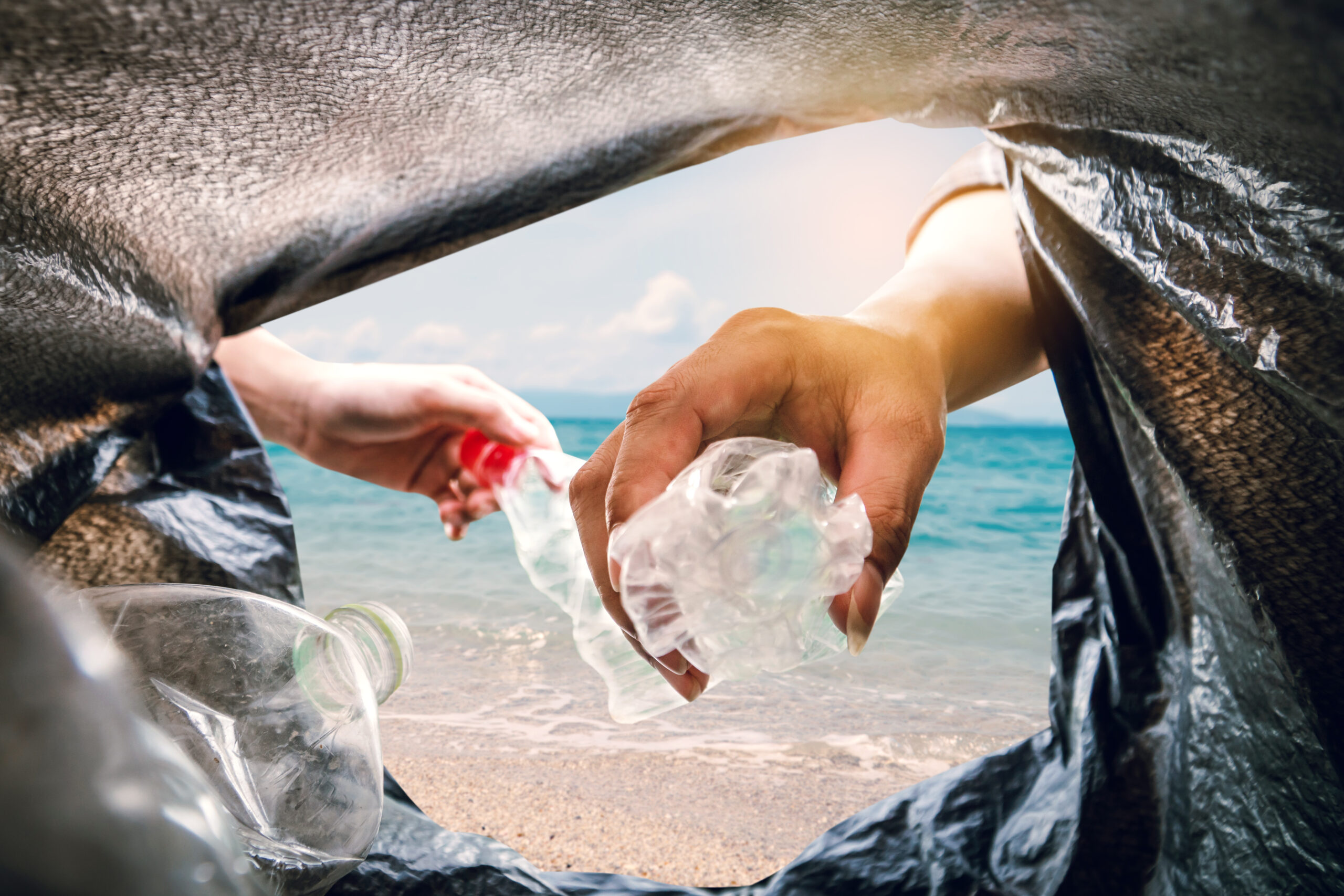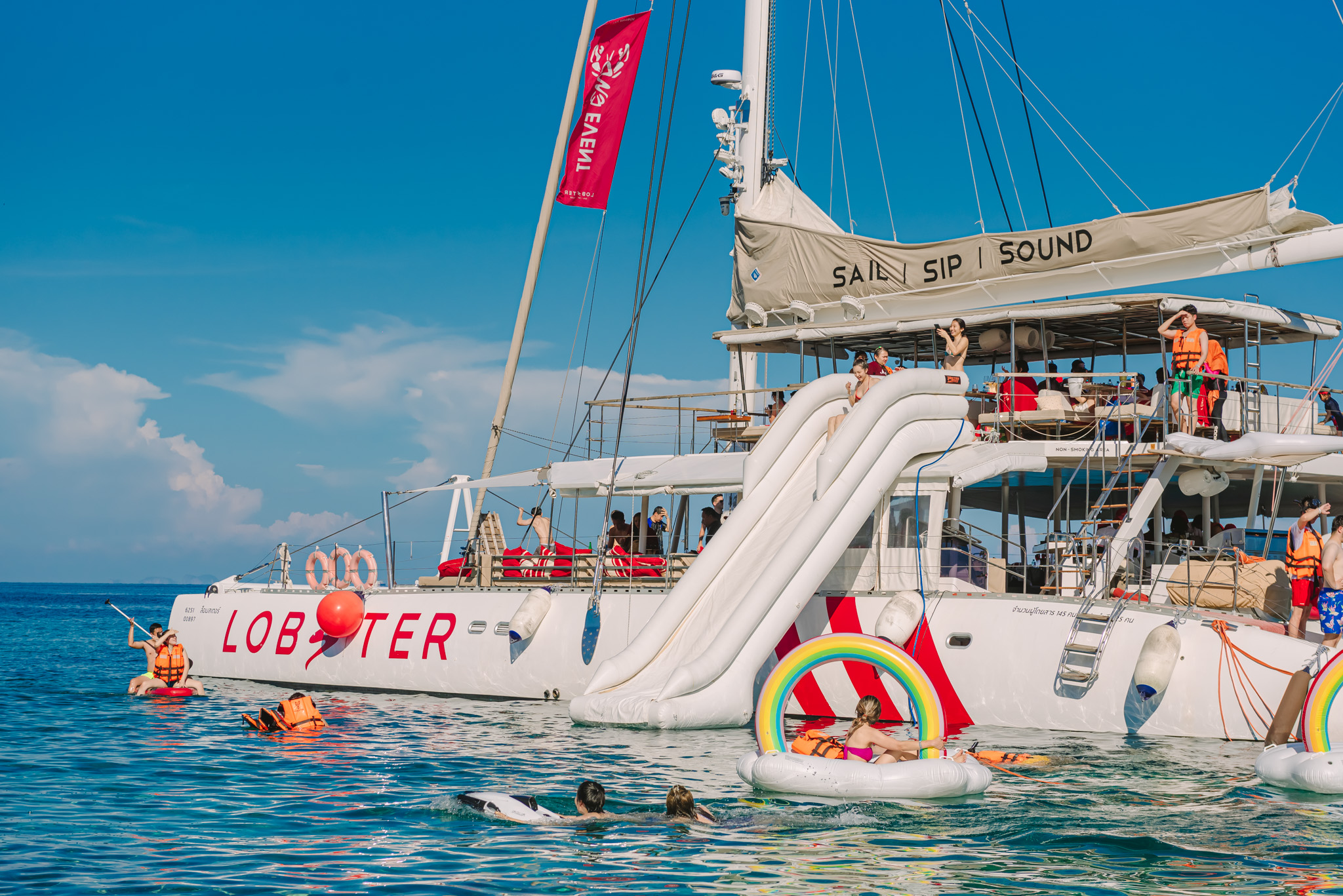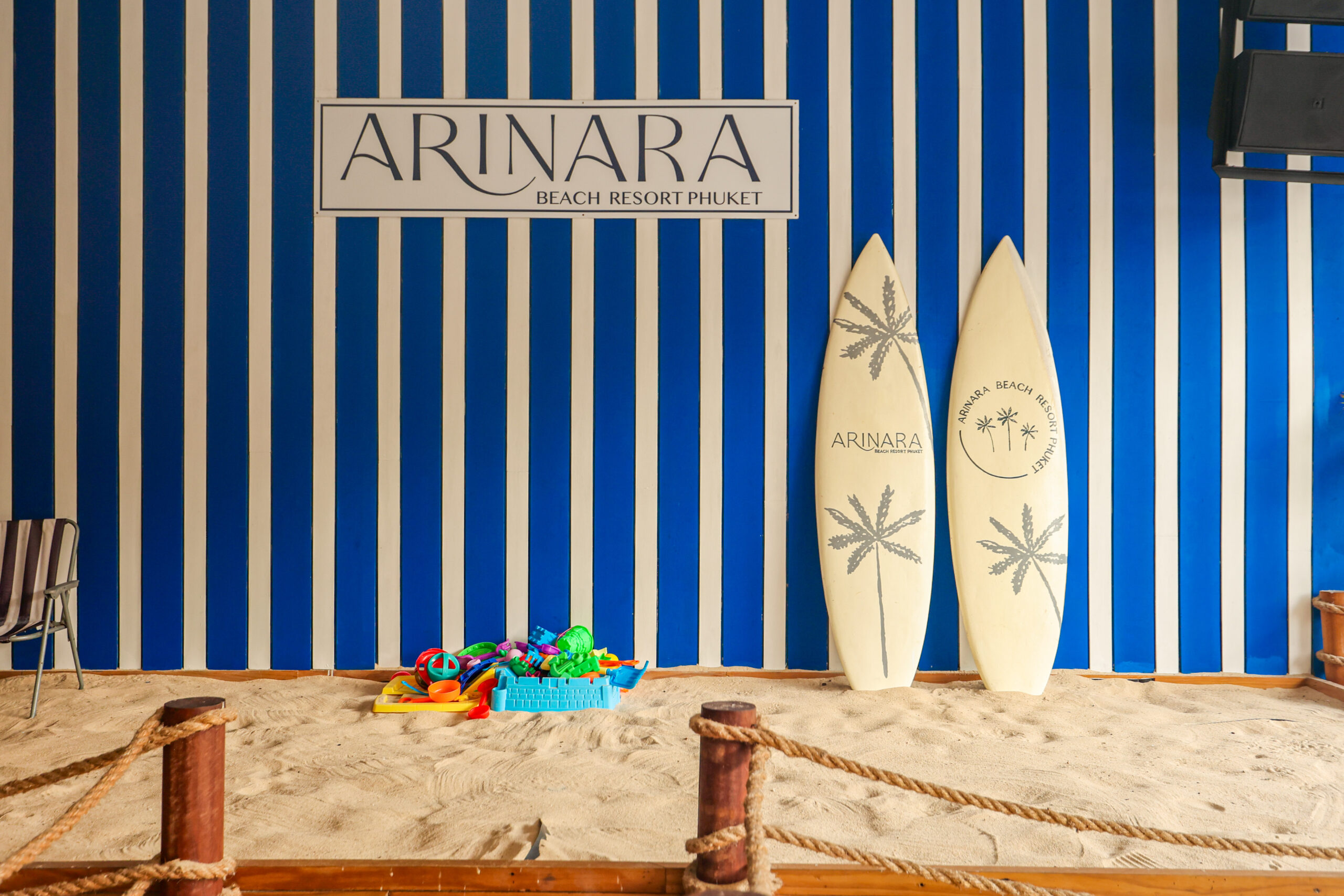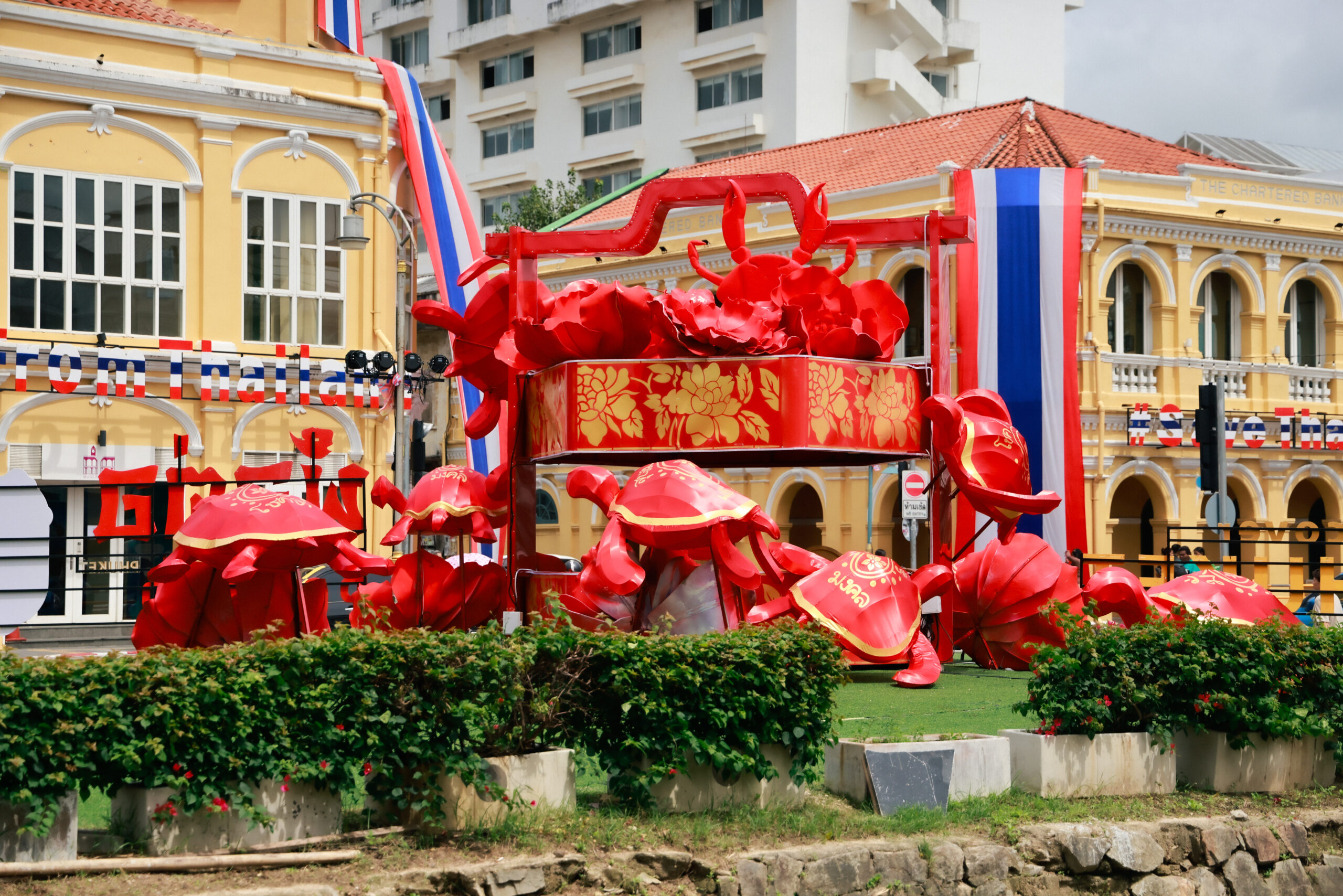Phuket plastic waste has become one of the island’s most urgent challenges. Behind the turquoise seas and white beaches, growing amounts of single-use plastic threaten marine life and the future of tourism. As one of Thailand’s most visited destinations, Phuket welcomes over 10 million visitors annually. With them comes convenience culture: water bottles, shopping bags, straws, and food containers. Much of it ends up in landfills or, worse, drifts into the Andaman Sea.
This plastic pollution doesn’t only spoil the scenery. It harms coral reefs, threatens marine life, and damages Phuket’s reputation as a global tourism hub. The good news? Local communities, businesses, and schools are not sitting still. Together, they are shaping Phuket into a model for sustainability in Thailand.
The Scale of the Problem
Each year, Phuket produces thousands of tons of plastic waste. Single-use bottles and plastic bags are the main culprits. The monsoon season makes things worse, carrying discarded waste from streets and rivers straight into the sea. On some beaches, volunteers have collected hundreds of kilos of plastic in just a few hours. Left unchecked, this waste suffocates marine species, damages coral ecosystems, and threatens the livelihoods of local fishermen.
Community Action: From Grassroots to Island-Wide
Plastic-Free Phuket Campaigns
Grassroots movements like Trash Hero Phuket have gained momentum by organizing awareness campaigns and reusable bottle initiatives. Markets such as Banzaan Fresh Market in Patong now encourage shoppers to bring reusable bags. Many schools have also joined, replacing single-use plastics with biodegradable alternatives.
Beach Clean-Ups
Every week, clean-up groups collect debris along beaches from Patong to Nai Yang. These events often draw locals, tourists, and NGOs working side by side. For example, Phuket Green Heart and Go-Eco Phuket organize large-scale events that remove not just bottles and bags but also fishing gear and microplastics. These activities don’t just clean the beaches—they raise awareness among participants about the scale of the issue.
Schools and Youth Engagement
Phuket schools are integrating waste education into their lessons. Recycling competitions, eco-craft workshops, and “zero-plastic days” show children how small choices add up. This early education builds habits that last a lifetime, ensuring the next generation is more conscious of their environmental footprint.
Hotels and Business Leadership
The hospitality industry plays a huge role in reducing plastic. Many resorts now provide refillable glass bottles in rooms instead of plastic ones. The Phuket Hotels Association launched a campaign encouraging properties to phase out single-use plastics, replacing them with compostable or reusable products. Diving shops also promote reef-safe sunscreen and reusable water bottles, ensuring tourists contribute positively to marine preservation.
Partnerships That Drive Impact
Phuket’s success lies in collaboration. Local NGOs partner with government offices, schools, and businesses to expand the reach of eco-initiatives. The Phuket Marine Biological Center has also studied plastic waste impact on turtles and dolphins, helping create stronger protection laws. Meanwhile, international brands working with Phuket resorts have introduced waste separation and recycling systems that didn’t exist a decade ago.
How Tourists Can Support the Cause
Tourists play an essential role in Phuket’s fight against plastic waste. Simple actions make a big difference:
- Carry a reusable water bottle instead of buying single-use bottles.
- Say no to plastic straws and bags.
- Join a beach clean-up during your stay.
- Choose eco-certified tours and hotels.
- Use reef-safe sunscreen to reduce harmful chemicals in the water.
These steps not only reduce waste but also show respect to local communities working hard to protect their island.
A Shared Path Toward a Cleaner Phuket
Phuket’s fight against plastic waste is ongoing, but progress is visible. Plastic-free policies in markets, hotel industry commitments, and a culture of clean-ups have already reduced waste on many beaches. The collaboration between locals and visitors shows that solutions are possible when communities unite.
For Phuket, this isn’t just about cleaning beaches—it’s about safeguarding its economy, culture, and marine heritage. By choosing responsible travel and supporting eco-friendly initiatives, every visitor can help keep Phuket’s future bright.
🌿 Learn more about Phuket and the Andaman region on our Destinations page and see how communities are balancing tourism with sustainability.
⛵ For eco-conscious island-hopping experiences, explore responsible travel options with Love Andaman.





